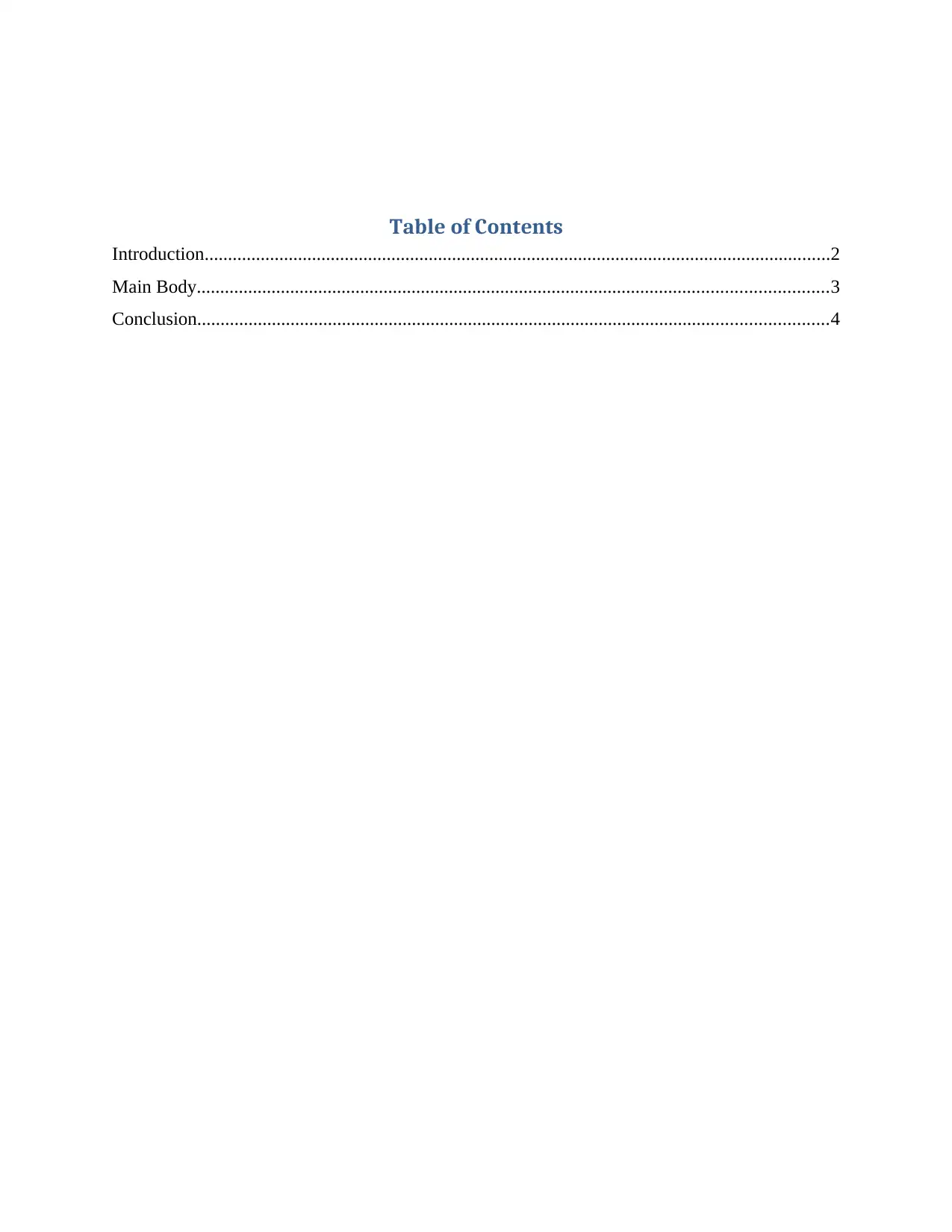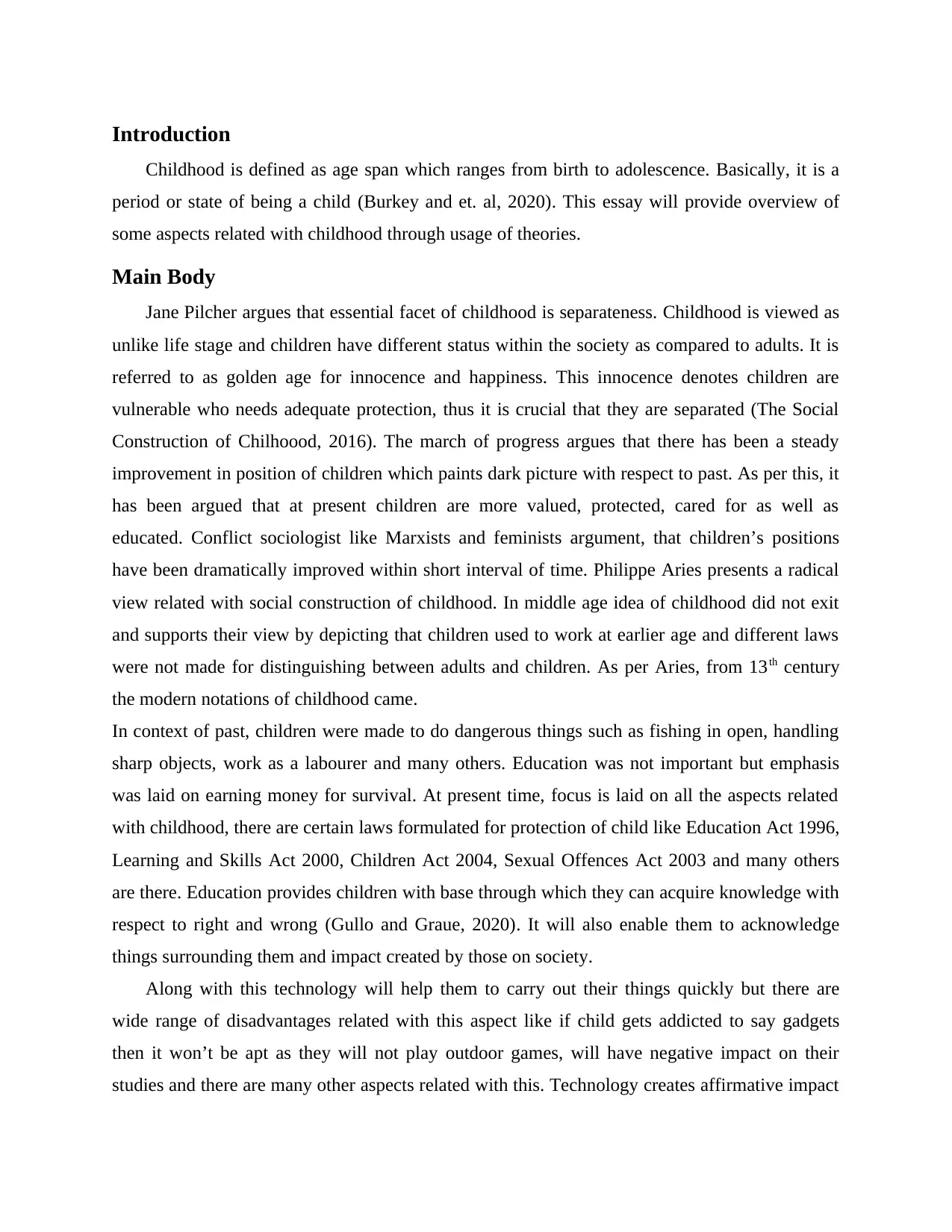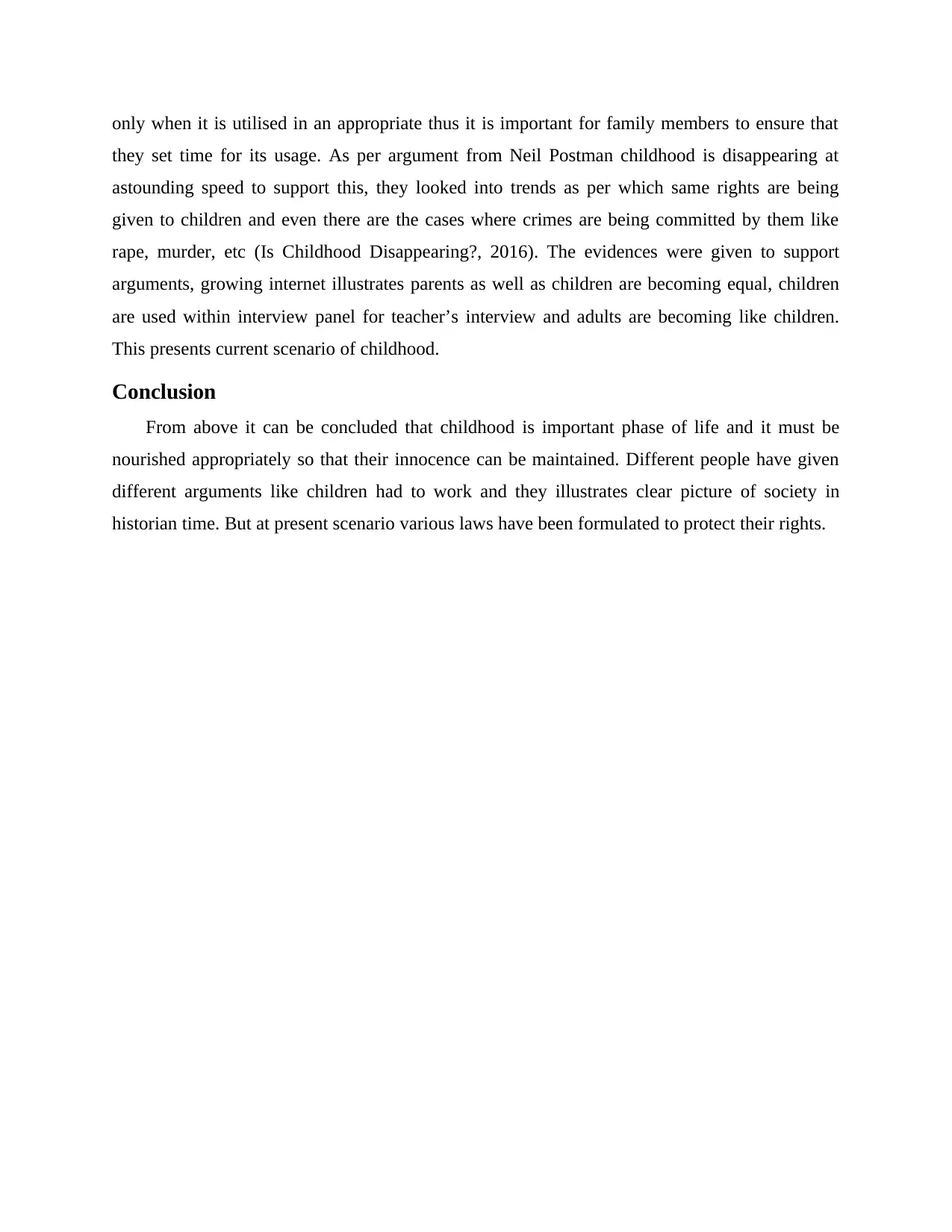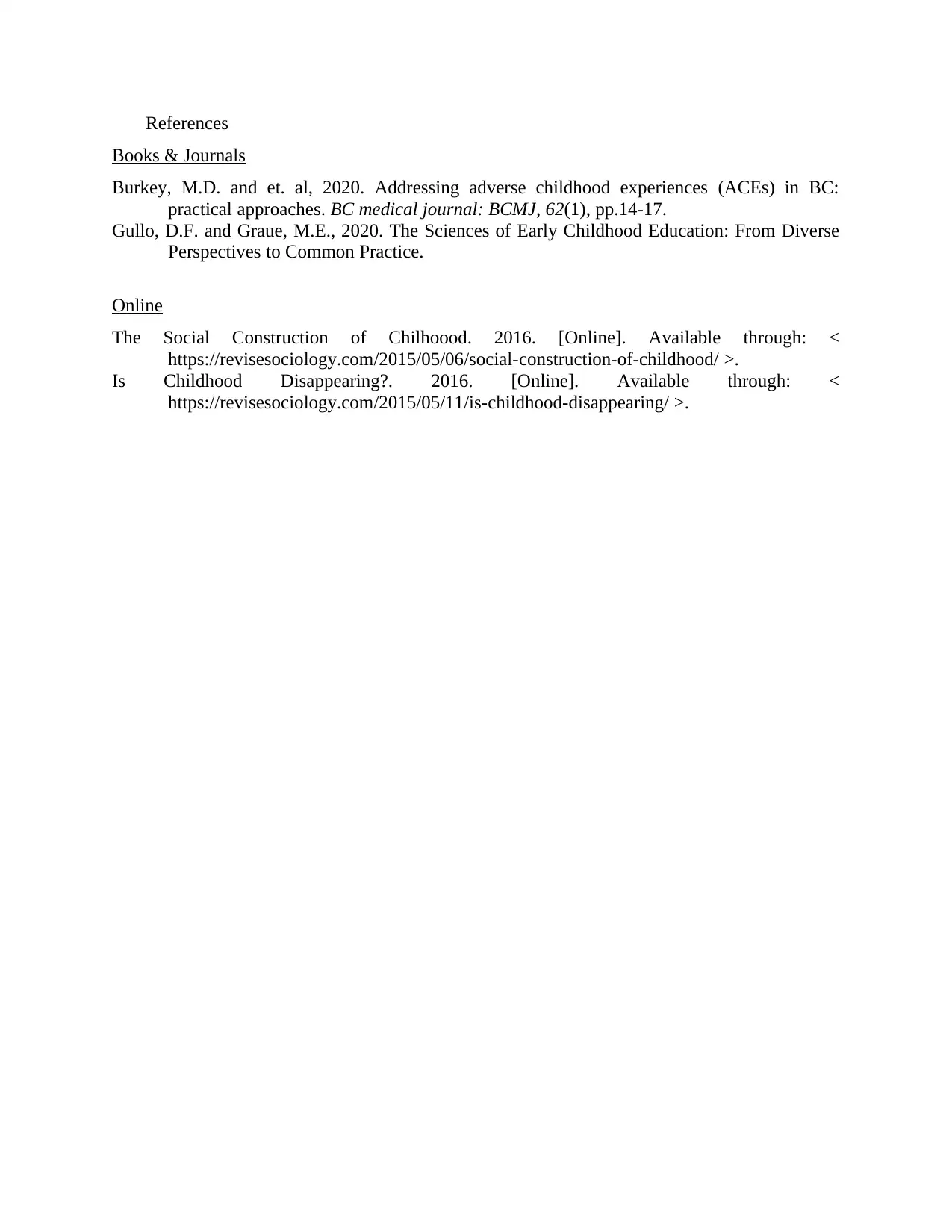A Sociological Analysis: The Evolving Concept of Childhood and Rights
VerifiedAdded on 2023/01/11
|5
|781
|86
Essay
AI Summary
This essay provides an overview of childhood from a sociological perspective, drawing on theories such as Jane Pilcher's concept of separateness, the march of progress view, and Philippe Aries's historical analysis of childhood's social construction. It examines how childhood has evolved over time, from a period where children were integrated into adult work to the modern era with laws protecting children's rights, such as the Education Act 1996 and the Children Act 2004. The essay also considers Neil Postman's argument about the disappearance of childhood due to trends like children being given the same rights as adults and the growing influence of technology. The conclusion emphasizes the importance of nurturing childhood to maintain innocence and highlights the contrasting views on childhood throughout history, underscoring the significance of current protective measures.
1 out of 5











![[object Object]](/_next/static/media/star-bottom.7253800d.svg)